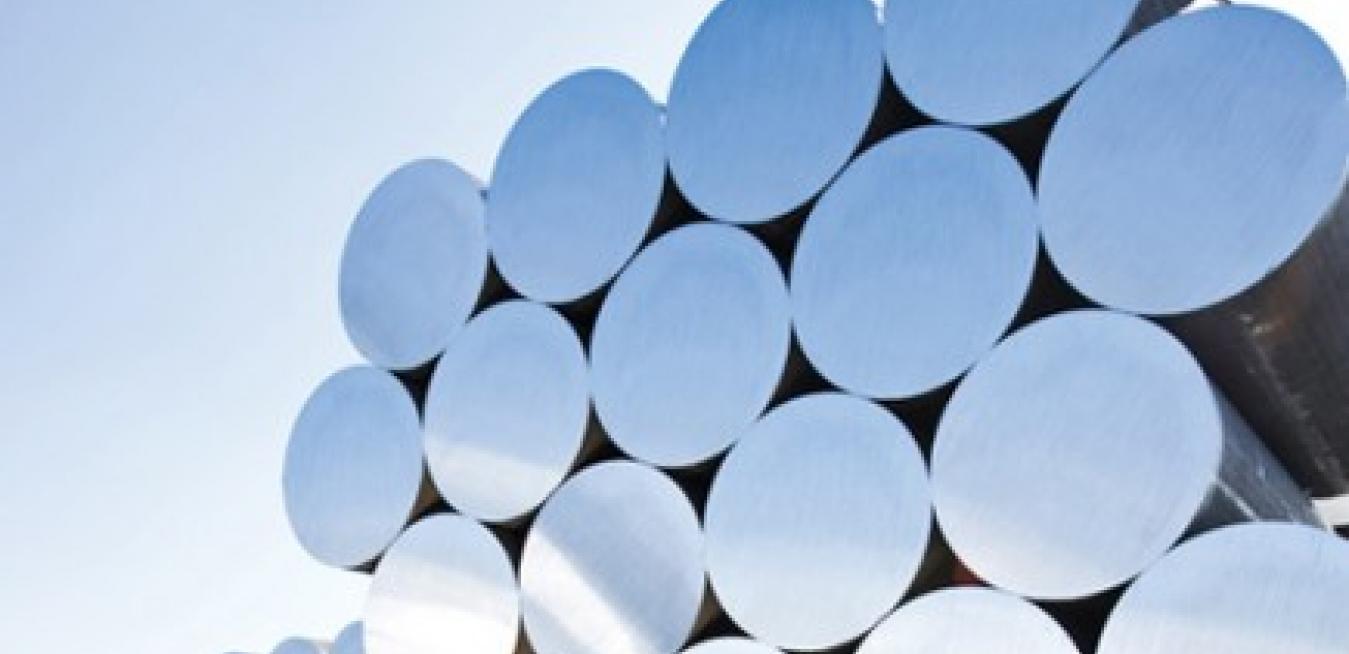American inventor Charles Martin Hall was just 51 years old when he died in 1914, but he started a revolution that now undergirds industries ranging from soft drinks to space flight. Working alone in a woodshed behind his family home, Hall found an inexpensive way to produce pure aluminum by using electricity to break down aluminum oxide. Hall went on to launch Alcoa and his method still dominates the global aluminum industry.
It also devours massive amounts of electrical power. Electricity can account for as much as 40 percent of a smelter’s production costs. That’s why smart producers like Dubai Aluminium (DUBAL) in the United Arab Emirates are looking for ways to make power generation cheaper. “With a global oversupply of aluminum leading to nearly 20 percent of the industry’s total production sold for little or no profit, our success going forward will depend on increasing our production levels while lowering our operational costs,” said Tayeb Al Awadhi, DUBAL’s vice president for power & desalination.
DUBAL, which runs the world’s second largest aluminum smelter site, operates its own 2,350-megawatt power plant. The plant has relied on GE gas turbines to produce electricity since 1980. But this April, DUBAL started updating the machines with GE technology that combines software, sensors and an upgraded control system with new combustion and hot gas path hardware. The technology can connect the turbines to the Industrial Internet, a digital network of data, people and machines, and make the turbines more efficient and reliable.
The upgrade is an example of a new adaptable solution that GE calls LifeMax Advantage. GE engineers developed it by working closely with their peers at DUBAL. It is constantly gathering and analyzing data critical to the performance of the turbine. A multitude of sensors check variables like gas flows, temperatures and pressures, and feed the data back into the control system. The system calibrates the turbine and makes it run at an optimal level.
DUBAL engineers can optimize the machines for fuel efficiency, maximum output, emissions, or balance all three. They can also remotely access GE expertise over a digital network and benchmark their plant’s performance against global power production generated by the GE turbine fleet. The goal is to spot problems before they get out of hand, improve maintenance reduce unplanned downtime.
Results are already coming in. DUBAL’s first GE 9E turbine equipped with LifeMax and other new GE technology has increased power output by 5.9 megawatts, or 3.4 percent, and reduced fuel consumption by 1.6 percent since April.
“Incorporating these new technologies into our power station is central to our long-term strategy of producing aluminum products as efficiently and cost-effectively as possible for our customers,” said DUBAL’s Al Awadhi. “The solutions GE has customized for our unique power demands will allow us to achieve such levels of efficiency.”





